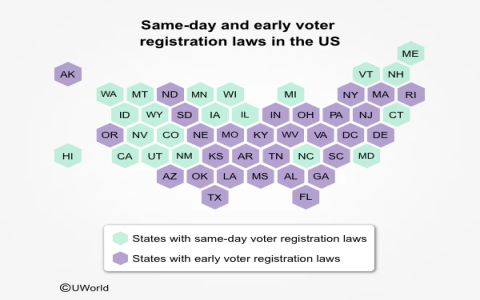Well now, let’s talk about this thing called AP Government and Politics, Unit 1 Vocabulary. It’s all about the stuff that makes up the foundation of how a country works, like the government and how the people get to have a say in things. You see, when you’re studyin’ for this test, you gotta know some terms that are real important, and I’m gonna walk you through some of ’em, so don’t worry if you don’t get it all right away. I’ll break it down simple-like, just like I’d explain it to my old neighbor down the road.
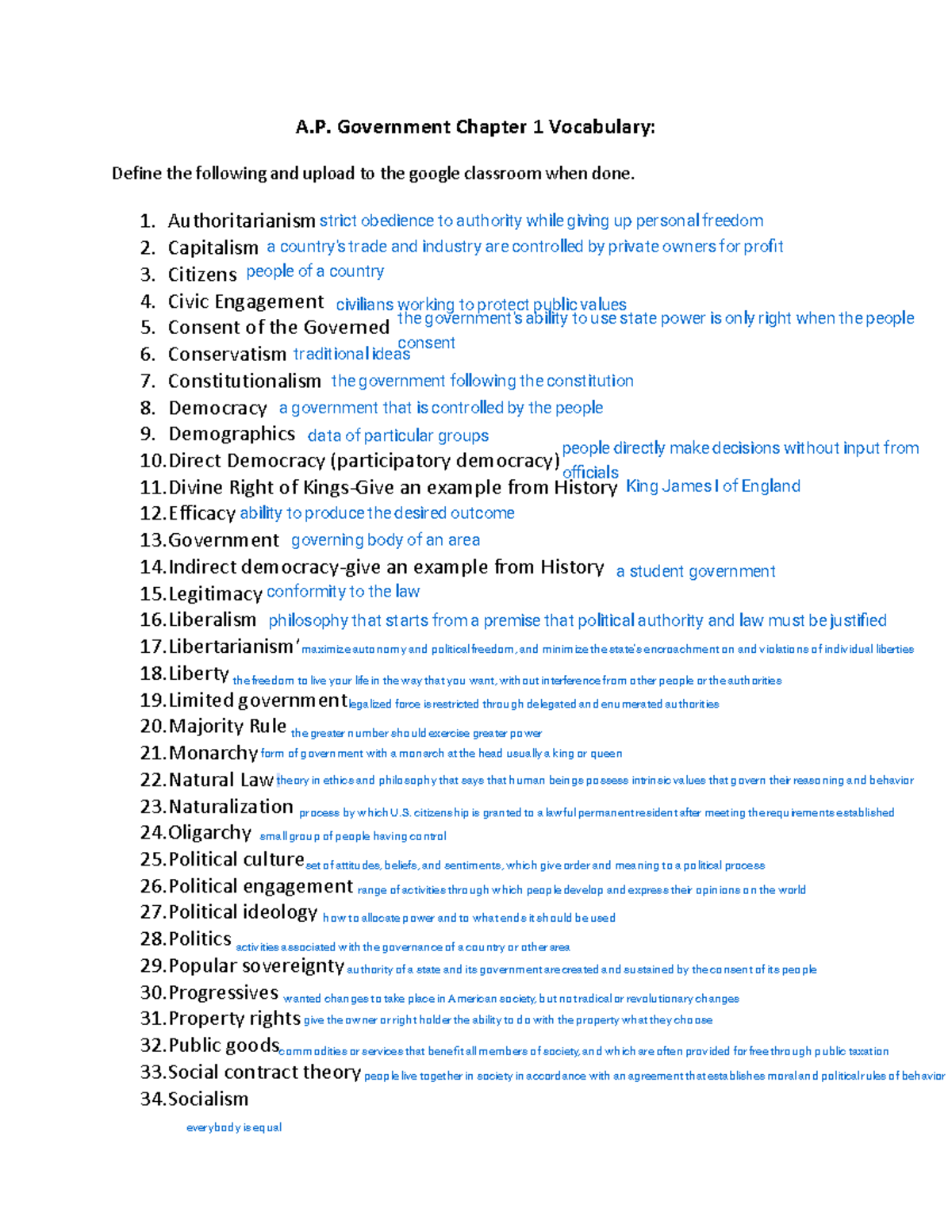
1. Government
Well, first off, there’s this thing called “government.” That’s the folks in charge who make rules for the whole country, state, or local area. They decide on the policies, like laws and whatnot, that affect all the people. So, when we talk about government, we’re talkin’ about the folks who make all them decisions. Simple as that.
2. Democracy
Now, what’s this “democracy” thing? Well, in a democracy, the people, that’s the citizens, get to have a say in the government. They either vote directly on things or they choose folks to make decisions for ’em. Now, some folks vote on everything themselves, which is called “direct democracy.” But in our case, we got “representative democracy,” where we vote for folks to go to Washington and make decisions on our behalf.
3. Natural Rights
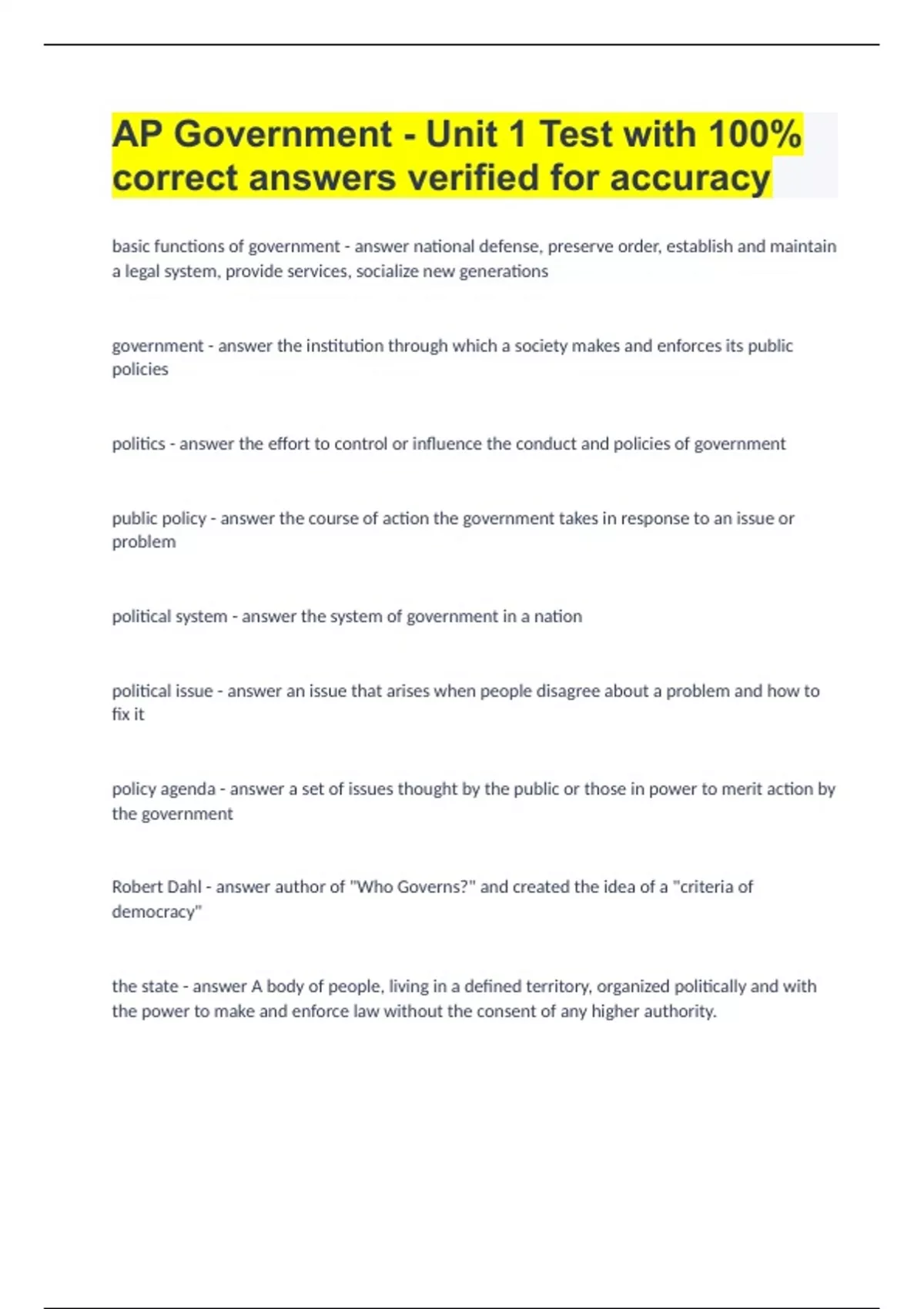
Next up, we got something called “natural rights.” Now, this is a big one. It’s the idea that every person has the right to things like life, liberty, and property. These rights ain’t given by the government; no, sir, they’re just part of being human. They’re natural, like the air we breathe.
4. Limited Government
Then there’s “limited government.” Now, this means the government don’t have all the power. There are certain things it just can’t do. You see, we believe in having some rules to keep the government in check, so it don’t get too big for its britches and start messin’ with our rights.
5. Federalism
Now let’s talk about “federalism.” Federalism is when we got more than one level of government – national and state. The national government deals with big-picture things like defense and trade, while the states handle things like schools and local law enforcement. The tricky part is, sometimes they got powers that overlap, and that’s where folks argue about what’s whose job. You could say it’s like a big family, where the parents and the kids gotta figure out who does what around the house.
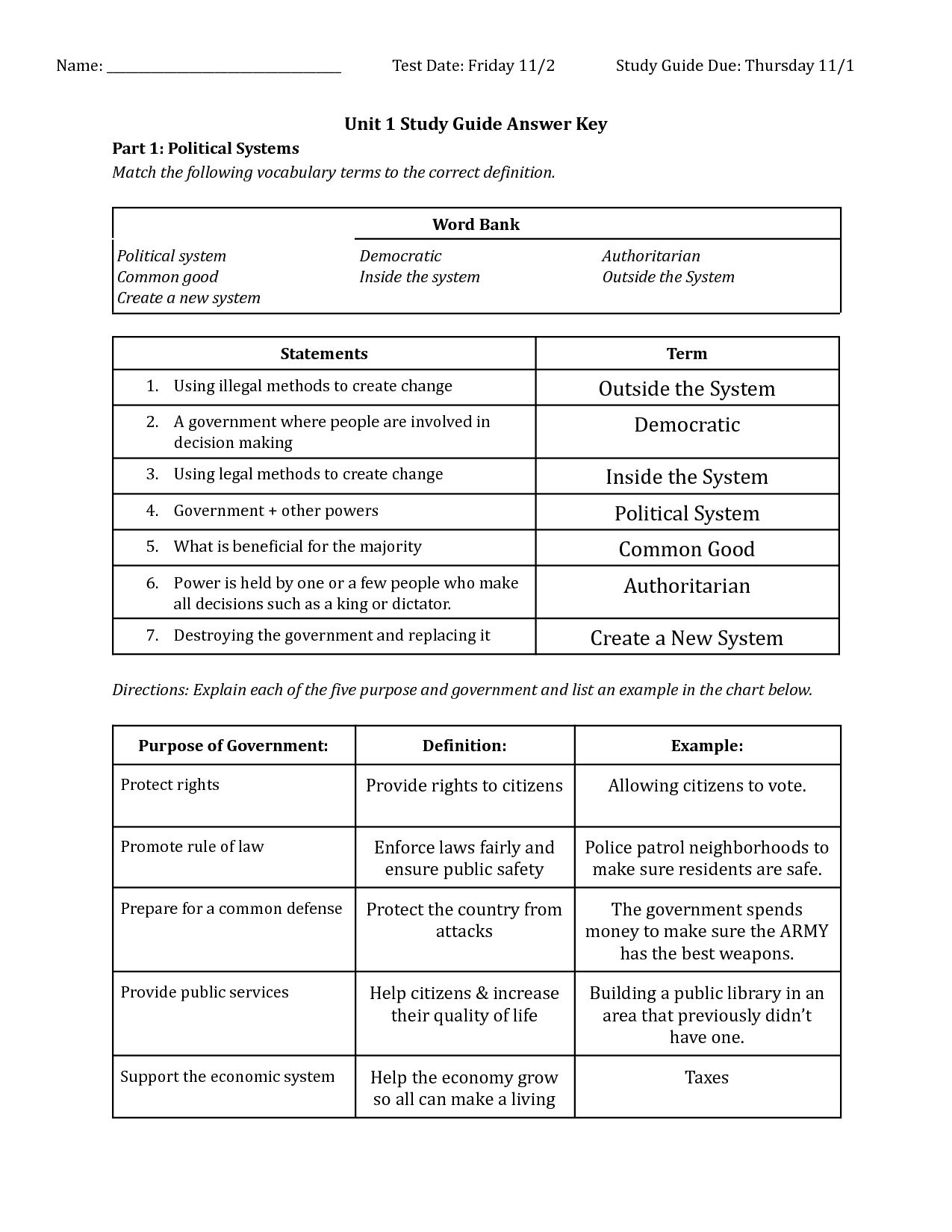
6. Separation of Powers
Another big word is “separation of powers.” This one means that the government is split up into different branches, so no one group has all the power. You got the executive branch, that’s the president; the legislative branch, which makes the laws; and the judicial branch, that makes sure everything’s fair. They all got their own jobs, and they keep an eye on each other to make sure nobody gets too much power.
7. Checks and Balances
This here ties in with “checks and balances.” It’s like when you’re workin’ with your neighbors and you got someone to double-check your work. In the government, the branches all keep tabs on each other. For example, the president can veto laws, but Congress can override that veto if they got enough votes. They all got ways to make sure the other branches don’t get too carried away.
8. Political Issue
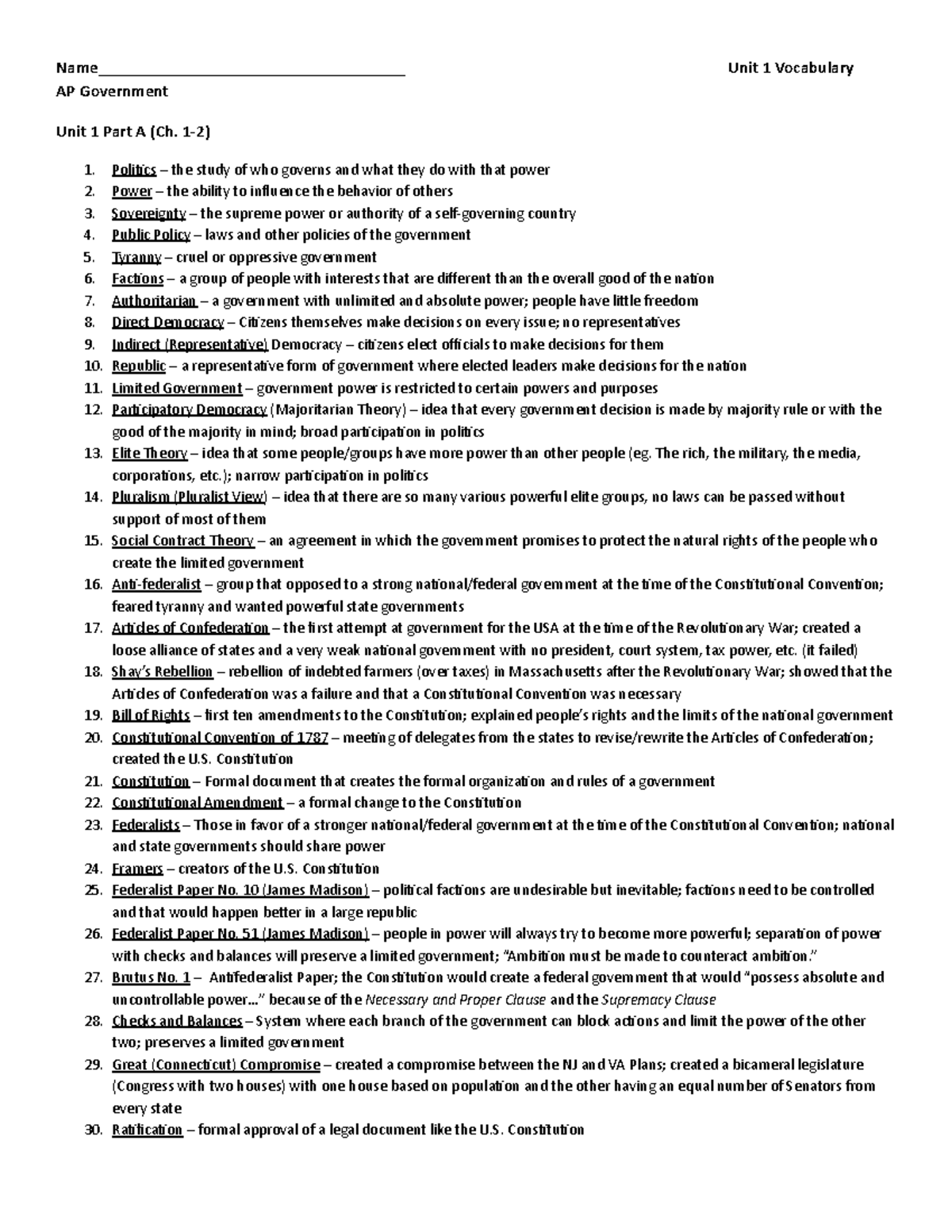
Now, let’s talk about “political issues.” These are the things that come up when folks can’t agree on something, like should we raise taxes or should healthcare be free? These are problems that the government needs to figure out, and they usually come from all the debates and disagreements among the people.
9. Linkage Institutions
Then we got “linkage institutions.” These are the things that help the people get their voices heard in government, like political parties, interest groups, and even the media. They help connect folks to the government, so they can raise their concerns and get their issues on the agenda.
10. Formal Amendment
And don’t forget about “formal amendments.” This is when the Constitution gets changed. If enough folks agree, the Constitution can be amended, meaning it gets new rules or fixes old ones. It’s a slow process, but that’s because they want to make sure big changes aren’t made too hastily.
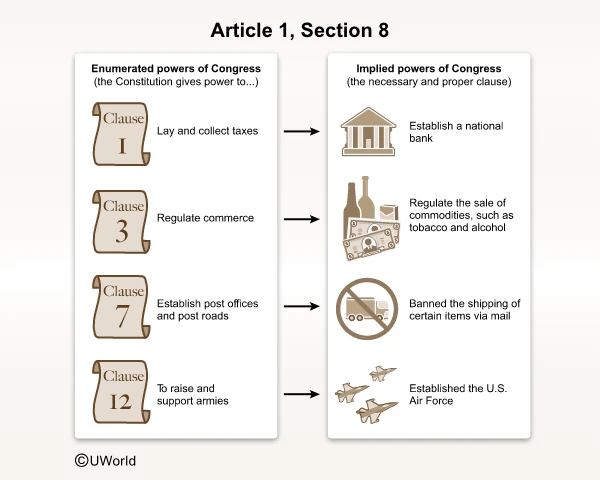
So, there you have it! These are just a few of the key terms you’ll need to know when you’re takin’ that AP Government and Politics test. I know it sounds like a lot to take in, but don’t worry, with a little bit of study, you’ll get it. It’s just like when you’re learnin’ to bake a pie – you gotta start with the basics, then you can move on to the fancier stuff!
Tags:[AP Government, AP Government Vocabulary, Unit 1, Foundations of Democracy, Federalism, Natural Rights, Democracy, Limited Government, Political Issues, Separation of Powers, Checks and Balances, Political Science]


